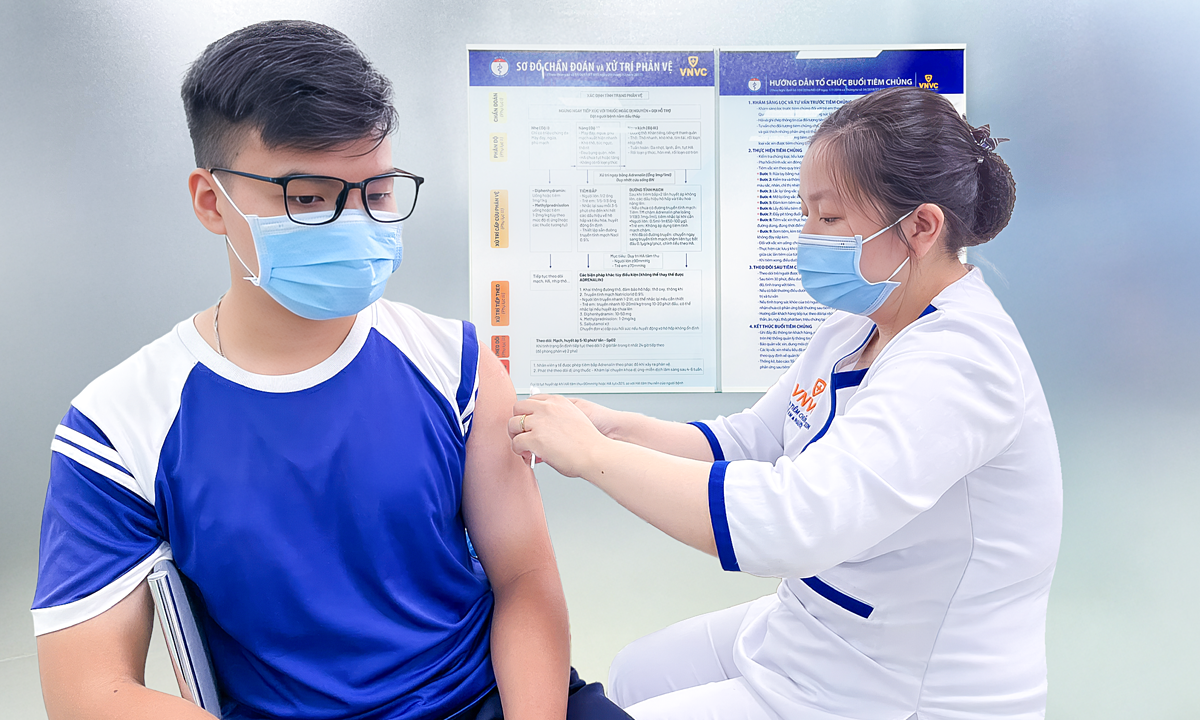According to Dr. Nguyen Tien Dao, medical manager at VNVC Vaccination System, meningococcal bacteria (Neisseria meningitidis) can reside in the human throat without causing symptoms. However, when favorable factors arise, such as weakened immunity, immunosuppressive illnesses, respiratory infections, or smoking, the bacteria can invade organs and cause disease.
The US CDC and studies in the UK, Norway, Sweden, Denmark, and Italy indicate a link between smoking and meningococcal disease. A review of 18 studies by British scientists found that exposure to secondhand smoke at home doubles the risk of invasive meningococcal disease in children, with a higher rate in children under 5. Researchers also found that children born to mothers who smoked during pregnancy have three times the risk of invasive meningococcal disease compared to children in non-smoking households.
 |
Smoking increases the risk of meningococcal disease and dangerous cancers. Photo: Vecteezy |
Smoking increases the risk of meningococcal disease and dangerous cancers. Photo: Vecteezy
Dr. Dao explained that cigarette smoke weakens the protective function of epithelial cells in the respiratory tract, damaging mucous membranes and creating favorable conditions for bacteria and viruses to enter the body. This weakened respiratory system reduces the ability to fight off pathogens, making smokers and those around them more susceptible to infections, including meningococcal meningitis.
According to the International Agency for Research on Cancer (IARC), cigarette smoke contains nearly 7,000 chemical compounds, including 69 chemicals like nicotine, benzene, vinyl chloride, and ammonia, which are classified as high-risk factors for cancers, cardiovascular diseases, chronic obstructive pulmonary disease, and stroke. The risk of these diseases increases with the amount and duration of smoking.
Meningococcal disease can manifest as meningitis, septicemia, septic shock, arthritis, and pericarditis. Meningitis, in particular, can be fatal within 24 hours and is considered a medical emergency requiring rapid diagnosis and intervention. However, early symptoms are nonspecific and resemble a cold or flu, such as fever, sore throat, runny nose, and cough. This can lead to delayed hospitalization and increase the risk of death. Of those who survive, up to 20% experience long-term consequences such as limb amputation, developmental delays, deafness, paralysis, and lifelong disability. The disease can also significantly impact quality of life, academic performance, and career choices.
 |
Adolescents receiving meningococcal vaccines at VNVC Vaccination Center. Photo: Dieu Thuan |
Adolescents receiving meningococcal vaccines at VNVC Vaccination Center. Photo: Dieu Thuan
According to Dr. Dao, vaccination is the most effective way to prevent meningococcal disease. Vietnam currently offers new-generation meningococcal vaccines: Bexsero (Italy) for group B, for people aged from 2 months to 50 years old; VA-Mengoc-BC (Cuba) for groups B and C, for people aged from 6 months to 45 years old; and Menactra (US) for groups A, C, Y, and W-135, for people aged from 9 months to 55 years old.
These vaccines are available through private healthcare providers and do not offer cross-immunity. Individuals should receive a combination of vaccines to protect against all five meningococcal serogroups: A, B, C, Y, and W-135.
In addition to vaccination, individuals should quit smoking, avoid alcohol and other stimulants, and regularly wash their hands with soap and gargle with antiseptic solutions to reduce the risk of infection. Workplaces, classrooms, schools, and daycare centers should maintain cleanliness and ensure good ventilation.
Maintaining a healthy lifestyle through proper nutrition, adequate sleep, and regular exercise is also crucial for strengthening the immune system. Cover your mouth with a tissue or wear a mask when coughing or sneezing. Seek immediate medical attention if you experience high fever, headache, nausea, vomiting, or a stiff neck.
Cong Nguyen












